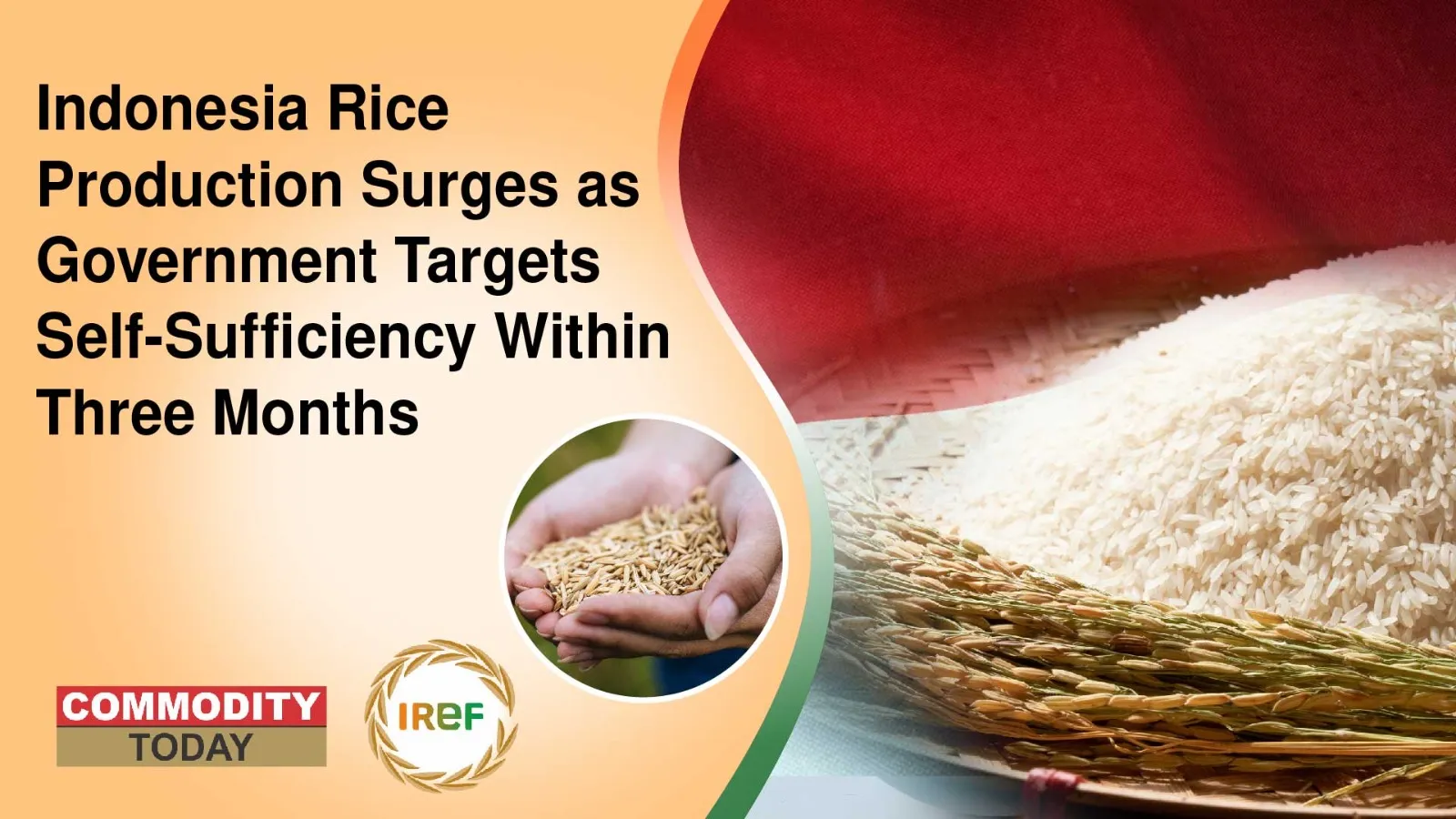Indonesia Rice Production Surges as Government Targets Self-Sufficiency Within Three Months

In a major boost for Indonesia rice production, Agriculture Minister of Indonesia Andi Amran Sulaiman has announced that the country is on track to achieve rice self-sufficiency within the next three months, which is far ahead of the original timeline set by President Prabowo Subianto. This accelerated progress marks a significant milestone for Indonesia agriculture and the nation’s long-term vision of achieving full food independence.
Speaking at a press conference at the Presidential Palace in Jakarta the agriculture minister of Indonesia reportedly said that hopefully, there are no obstacles. In around two to three months, Indonesia will no longer import rice. Hopefully, there will be no extreme climate, and we the nation will achieve self-sufficiency. Further, according to Statistics Indonesia, total Indonesia rice production has reached 33.1 million tons so far this year, with projections estimating a total output of around 34 million tons by November 2025. This represents a substantial increase compared to the same period last year, when production stood at 30 million tons. The rice harvest in Indonesia has been supported by favorable weather conditions, improved farming inputs, and policy reforms aimed at strengthening Indonesia food security.
Agriculture Minister Optimistic About the Indonesia Rice Production
Minister Amran noted that the FAO has recognized Indonesia’s progress, ranking the nation’s rice output as the second highest in the world after Brazil. “This is an impressive achievement for Indonesian farmers and demonstrates the effectiveness of our rice policy in Indonesia,” he further added.
Beyond production growth, the government has also reported improved welfare indicators for rural communities engaged in rice farming in Indonesia. The farmers’ terms of trade (NTP) rose to 124.36 — surpassing the government’s target of 110 — reflecting higher profitability and stronger purchasing power for agricultural workers. Meanwhile, rice prices in Indonesia saw a slight deflation of 0.13% in September 2025, marking the first decline in five years, signaling an easing of pressure on consumers. Speaking on the next focus of the government, the minister said that the focus is to strengthen and ensure the success of a potential rice import ban.
Experts believe the surge in Indonesia rice production could reshape the rice market in Indonesia and reinforce the country’s position as a major player in global agricultural trade. With improved Indonesia crop yields and forward-looking reforms in Indonesia agriculture, the nation appears poised to transform its ambition of rice self-sufficiency in Indonesia into reality.